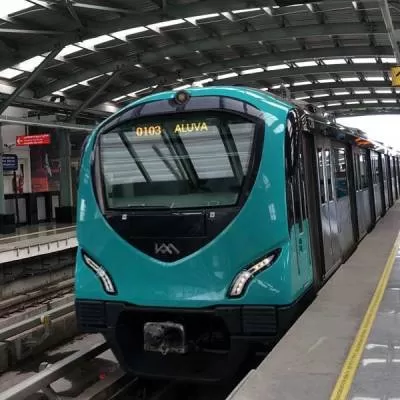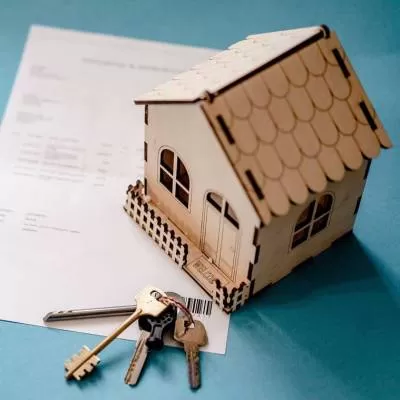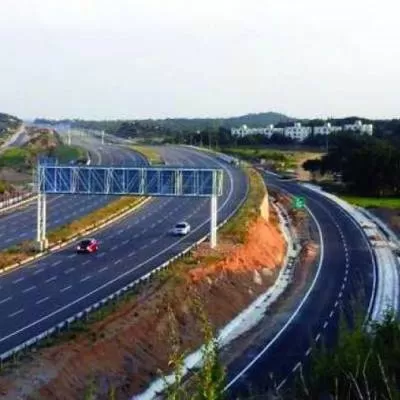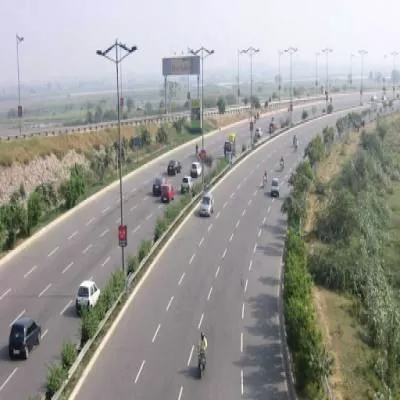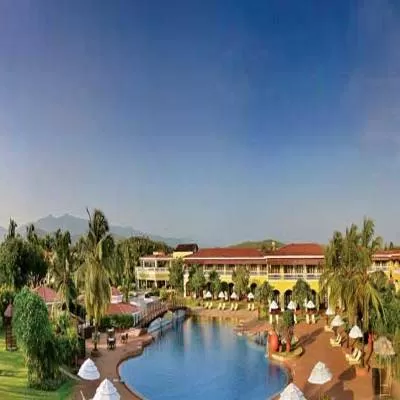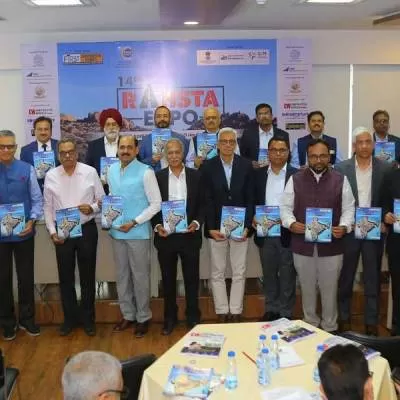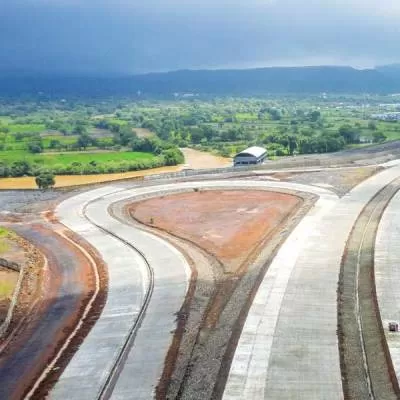- Home
- Infrastructure Transport
- ROADS & HIGHWAYS
- Fast track development
Fast track development
Another landmark judgement has made history. The Allahabad High Court had struck down a notification by the Uttar Pradesh Government that acquired land from farmers to create an industrial zone but later allotted it to builders for residential apartments. The court ruled that the state government had not exercised the powers bona fide and had invoked an emergency clause in the Land Acquisition Act that allowed it to waive objections to the acquisition from farmers. The state government and builders then appealed to the Supreme Court. The court quashed the acquisition of 156 hectare of land that had been allotted to various private builders. In a stinging indictment, the apex court said the Mayawati government was promoting the interest of the builders' lobby in the guise of public interest. It ordered the Greater Noida Industrial Authority (GNIDA) to immediately return the land to villagers. It also imposed a penalty of Rs 10 lakh on the GNIDA for forced acquisition of farmers' land. The builders have already sold flats to prospective residents and now the matter turns murkier with flat buyers, who will have to claim their money from builders, who in turn will have to claim their investment from GNIDA. The court has ordered the builders to pay back the money to buyers along with interest. Now, considering that the farmers cannot take the land back with so much water under the bridge, the best solution would be for the builders to renegotiate terms with them and offer them a fair deal after which they can collectively approach the apex court for an amicable settlement. Otherwise, the court cases that will ensue will take years to untangle with a lot of heartburn for all.
The NHAI is accelerating its activities in line with its target of awarding over 7,000 km of roads in this fiscal - these contracts are the silver lining amidst the slowdown that has plagued infrastructure projects for the past six months. The biggest obstacle, 'the environment', has witnessed some respite as Commerce Minister Anand Sharma and the new Minister for Environment Jayanthi Natarajan have reached an understanding to fast-track the resolution of environmental issues holding back industrial projects and the proposed National Manufacturing Policy. Indeed, the road to development needs to be fast-tracked or inflation and interest will dampen every prospect even though the rain gods have blessed us.
- Construction
- Update
- Portal
- Magazine
- CW-India
- 2011
- August
- 2011
- Justice Shafi Parkar Report
- Water
- energy
- skyscraper project
- parking space
- Allahabad High Court
- Uttar Pradesh Government
- Land Acquisition Act
- Supreme Court
- GNIDA
- investment
- NHAI
- infrastructure projects
- Anand Sharma
- Jayanthi Natarajan
- National Manufacturing Policy
Finally, the 'infra alert' has found its mark. The Justice Shafi Parkar Report on high rises indicates that when planning a skyscraper, developers need to account for factors like its water needs and impact on the neighbourhood; water sources; water distribution system; and estimated sewerage generated by residents and how it will be treated. Thankfully, the report also observes the need to minimise the use of glass for facades, which is quite an illogical way to ape the West as it adds a burden on our energy needs with no correlation to our climatic conditions. Measures like maintenance of a distance of at least 20 m between skyscrapers; provision of parking space for guests' vehicles; swimming pools to be built on lower storeys of a high rise; provision for two staircases; analysis of wind tunnels; and provision of a 20-m-wide road abutting the building will all bring in a sense of planned development. Further, developers have to furnish all kinds of details - including names and addresses of the architect, geo-structural engineer and project manager - while proposing a skyscraper project. Today, even after excavation starts at site, developers do not put up boards with details of the project, leading to confusion in case of accidents, while endangering the security of the community in the progress of construction. While this may drive up costs for developers, the social costs, which are borne by the residential community in the short run, and consequently the whole area in the long run, will be minimised.Another landmark judgement has made history. The Allahabad High Court had struck down a notification by the Uttar Pradesh Government that acquired land from farmers to create an industrial zone but later allotted it to builders for residential apartments. The court ruled that the state government had not exercised the powers bona fide and had invoked an emergency clause in the Land Acquisition Act that allowed it to waive objections to the acquisition from farmers. The state government and builders then appealed to the Supreme Court. The court quashed the acquisition of 156 hectare of land that had been allotted to various private builders. In a stinging indictment, the apex court said the Mayawati government was promoting the interest of the builders' lobby in the guise of public interest. It ordered the Greater Noida Industrial Authority (GNIDA) to immediately return the land to villagers. It also imposed a penalty of Rs 10 lakh on the GNIDA for forced acquisition of farmers' land. The builders have already sold flats to prospective residents and now the matter turns murkier with flat buyers, who will have to claim their money from builders, who in turn will have to claim their investment from GNIDA. The court has ordered the builders to pay back the money to buyers along with interest. Now, considering that the farmers cannot take the land back with so much water under the bridge, the best solution would be for the builders to renegotiate terms with them and offer them a fair deal after which they can collectively approach the apex court for an amicable settlement. Otherwise, the court cases that will ensue will take years to untangle with a lot of heartburn for all.The NHAI is accelerating its activities in line with its target of awarding over 7,000 km of roads in this fiscal - these contracts are the silver lining amidst the slowdown that has plagued infrastructure projects for the past six months. The biggest obstacle, 'the environment', has witnessed some respite as Commerce Minister Anand Sharma and the new Minister for Environment Jayanthi Natarajan have reached an understanding to fast-track the resolution of environmental issues holding back industrial projects and the proposed National Manufacturing Policy. Indeed, the road to development needs to be fast-tracked or inflation and interest will dampen every prospect even though the rain gods have blessed us.


